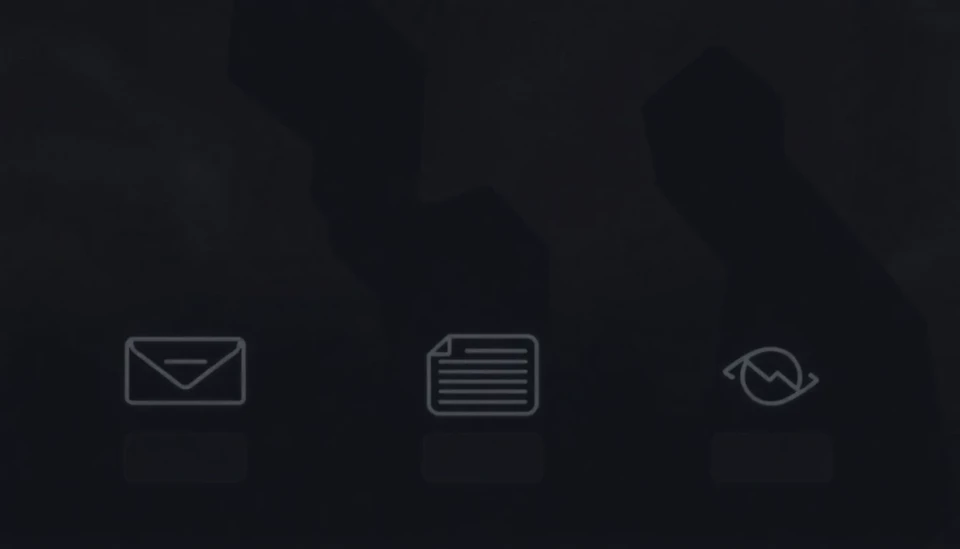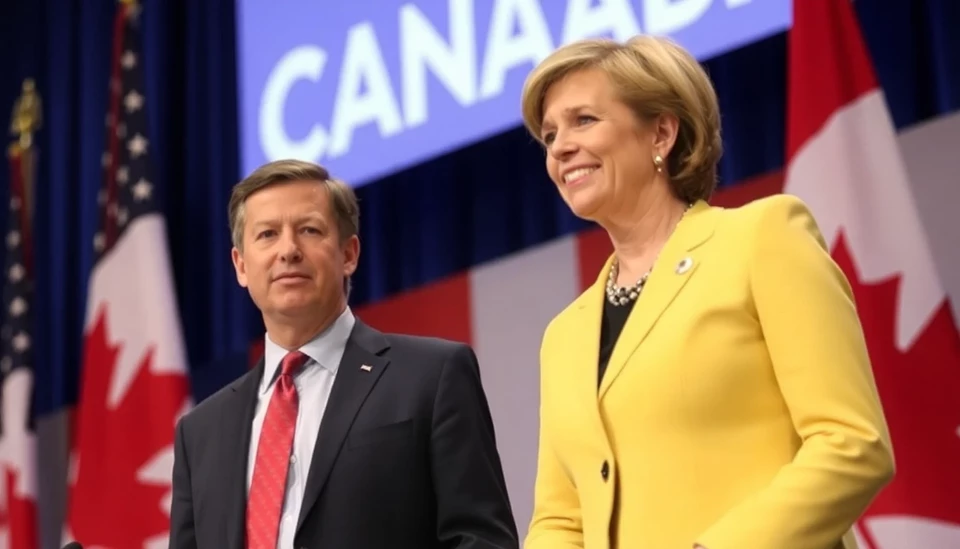
In a significant shift in environmental regulatory practices, the Environmental Protection Agency (EPA) has recently announced a new initiative that allows businesses to obtain exemptions from air pollution standards through a streamlined electronic process. This move aims to simplify the compliance procedures for various industries while maintaining the essential goals of air quality and public health protection.
The decision to adopt e-mail as a means for businesses to secure exemptions represents a modern approach to regulatory engagement, emphasizing efficiency and accessibility. Historically, companies wishing to exempt certain pollution outputs had to navigate a bureaucratic maze, often resulting in lengthy delays that hampered operations and hindered business growth. With the new e-mail process, businesses can submit requests for exemptions in a more timely and less cumbersome manner.
According to EPA officials, the change is expected to facilitate the process for sectors facing unique challenges in meeting air quality standards. Industries such as manufacturing, agriculture, and energy production can access this option, which will allow them to operate more effectively while still adhering to environmental regulations. The EPA asserts that this initiative does not weaken the existing air quality protections but rather enhances the agency's ability to make informed decisions that account for both economic and environmental needs.
Environmental advocates, however, have expressed concerns over this development. Critics argue that allowing exemptions, even through an expedited process, could potentially lead to increased air pollution levels. They worry that this approach may provide loopholes that certain companies might exploit, undermining the progress made in cleaning the air over the past decades. The EPA has countered these concerns by emphasizing that all exemption requests will be carefully evaluated to ensure they do not compromise public health or the environment.
The new e-mail pathway also reflects a broader trend within the federal government to leverage technology for improved regulatory practices. By facilitating easier communication between businesses and regulatory bodies, the EPA hopes to foster a collaborative atmosphere that prioritizes both economic development and environmental stewardship. This initiative aligns with the agency's ongoing efforts to innovate regulatory processes and adapt to the evolving landscape of American industry.
In the coming months, stakeholders will be closely monitoring the impact of this policy change. The EPA plans to release guidelines detailing the specific criteria under which exemptions can be requested, as well as the metrics for evaluating these requests. This transparency will be critical in assuring the public and environmental groups that the agency is committed to balancing economic needs with the imperative of air quality preservation.
Overall, the new pathway for air pollution exemptions via e-mail stands as a pivotal moment in the EPA's regulatory framework. As the agency moves forward with this initiative, the implications for air quality management, economic growth, and industry compliance will become increasingly apparent.
#EPA #AirPollution #EnvironmentalRegulations #BusinessExemptions #PublicHealth #Sustainability #Innovation
Author: Peter Collins




